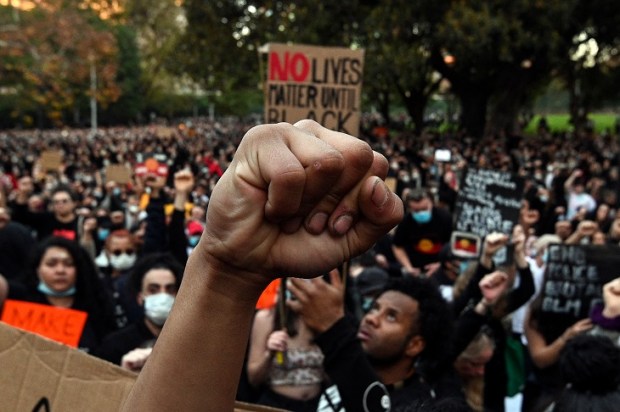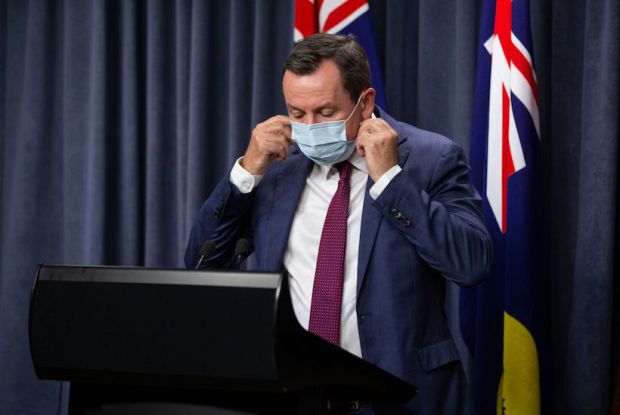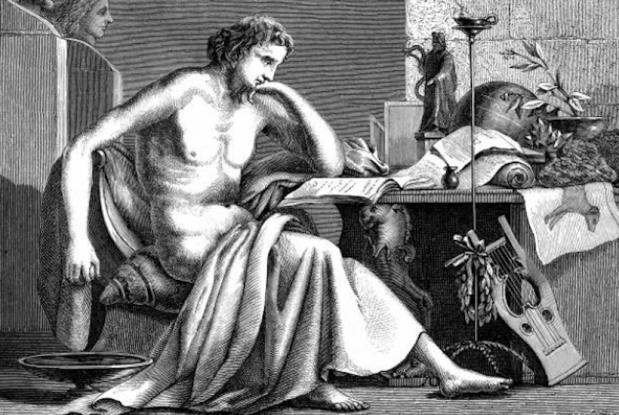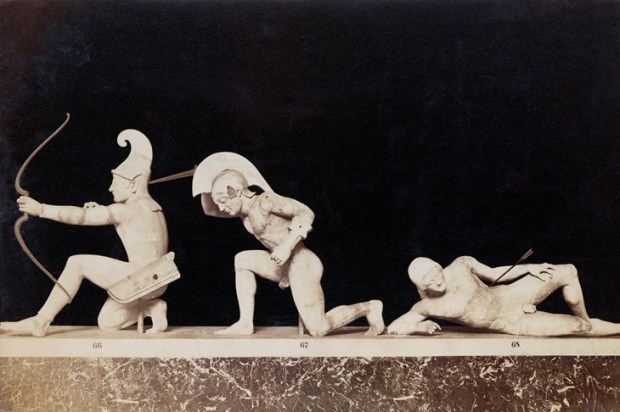You have probably read that the Indigenous Voice to Parliament is expected to provide an opportunity for an elected assembly of Indigenous Australians to advise the Executive or Parliament about how Commonwealth legislation will affect Indigenous lives.
You will also have read that the Commonwealth Constitution is to be amended to provide for the Voice’s powers.
What you will not have read is that the government intends to create a Voice consisting of different Indigenous tribes throughout Australia to advise local authorities, state governments, and the private sectors in relation to Indigenous concerns.
The all-encompassing Canberra Voice will provide a channel for all these different Voices to reach Parliament.
A constitutional amendment is unnecessary to achieve this goal, as the Commonwealth already has the power (sec 51(xxvi)) to make laws in relation to ‘the people of any race for whom it is deemed necessary to make special laws’. The Albanese government could legislate for all of the Voice’s purposes without disturbing our Constitution.
The reason Albanese is not doing this can be found in the Woke-left objections to the so-called ‘white supremacist’, Western Civilisation model of Parliament which the Voice hopes will be undermined by the irrational (and soon to be enshrined) demands of activists and bureaucrats.
Some well-intentioned people have raised concerns that the Voice will impact parliamentary sovereignty.
If I have understood their argument accurately, they are concerned that if the advice to government of the Voice is ignored, its representatives will seek orders from the High Court which could interfere with the Parliament’s right to legislate by challenging the government to consider advice it has ignored or to give reasons why it has ignored it.
Given the danger that this suggests, it is amazing that their solution is not to oppose any amendment of the Constitution, but to seek to alter the constitutional amendment so that the advice from the Voice and the response of the government are non-justiciable; that is, they cannot form the basis of any High Court challenge to the government’s decision.
What is strange about their solution is that they implicitly accept the need for an amendment to establish the Voice, but argue that its wording should prevent any consideration by the High Court. This begs the question: how do you word an amendment when the Court’s express purpose is to interpret the Constitution?
If we look for precedents, the High Court has form when it comes to interpreting the Constitution regarding the accommodation of alternative or progressive views.
After his appointment to the High Court, Justice Isaacs, for example, re-interpreted the Constitution in a 1920 judgment that abolished the federal scheme of the Constitution by making all Commonwealth laws supreme over state laws, thus unifying power in Canberra. The federal scheme had been agreed to at the 1897-98 constitutional convention and approved by the Australian people at referendums. Isaacs had been a Victorian delegate to the Constitutional convention and had opposed the convention’s choice of an American-style federal Constitution. He argued for a unitary scheme, like the British Parliament: one democratic chamber to govern the whole of Australia unencumbered by a senate or at least a senate without any powers. He lost the argument at the convention, but he used the High Court’s power of judicial review to get his way 20 years later. So much for a written constitution to protect the people.
A second example is the recent High Court decision to grant citizenship, contrary to a Commonwealth law, to a man of Indigenous ancestry who was born and raised in PNG. The Court, in effect, amended the Citizenship Act by recognising his Indigenous attachment to the Australian land as approaching something of spiritual or religious significance higher than a valid Commonwealth law as a basis for citizenship of Australia.
The High Court’s power to judicially interpret the Constitution is guaranteed by the Constitution so it would be naive, if not outright stupid, to assume that a clause or new Chapter in the Constitution could be quarantined from that power of review, whatever words were used. The only way to protect the rest of the Constitution from the effects of a judicial review of the Voice amendment is to prevent the Constitution from being amended; to argue strenuously against any amendment of the Constitution that gives one race a guaranteed right to advise the Commonwealth government about any matter, a right that is not available to every other Australian.
What the Albanese government is proposing is racism by another name.
The republican-style system of government that we enjoy is a contrived system to overcome the dangers of unfettered democracy and the factionalism to which it is prone. The wise American statesman, James Madison, defined republican government as government by representation. An election to choose representatives allows the people to choose whom they think are the wisest candidates. We identify the wisest candidate by listening to what each says about important matters; choosing by the head, not the heart. Government by the wisest is the aim even if success cannot always be guaranteed. When the republican election criterion is applied to the choosing of representatives for the Voice from the Indigenous community, it is inevitable that the Voice will most likely be filled with fringe, noisy activist types rather than with the sensible counsel of the few Jacinta Prices.
God help Australia if that referendum is successful.
Dr. David Long is a retired solicitor. His PhD articulated how certain elements of our Constitution, derived from the American founding, confirmed the Australian people’s sovereignty. It showed that the legal arguments for Whitlam’s dismissal were expressly rejected by the 1897 Constitutional Convention.

























